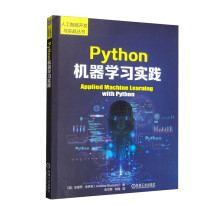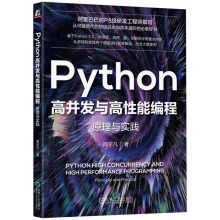Preface
Introduction
Chapter I Overview of China's Ecological Conservation Policies for Poverty Alleviation
I.Background information of ecological poverty alleviation policies
II.The background of implementing ecological poverty alleviation policies
III.Content of ecological poverty alleviation policies
IV.Recipients of ecological poverty alleviation policies
V.The core issues addressed by ecological poverty alleviation policies
Chapter II Addressing Continuous Ecological Deterioration in Poverty-Stricken Areas Through Ecological Conservation
I.The connotation of ecological conservation in poverty-stricken areas
II.Main problems addressed
III.Scope of application
IV.Implementation process
V.Implementation effects and considerations
VI.Typical cases
Chapter III Tackling Local Natural and Man-Made Disasters Through Comprehensive Management of Small Watershed
I.The connotation of comprehensive small watershed management
II.Main problems addressed
III.Scope of application
IV.Implementation process
V.Implementation effects and considerations
VI.Typical cases
Chapter IV Enhancing the Living Conditions of Poor Population Through Improving Rural Living Environment
I.The connotation of improving rural living environment
II.Main problems addressed
III.Scope of application
IV.Implementation process
V.Implementation effects and considerations
VI.Typical cases
Chapter V Breaking the "Resource Curse" by Developing and Utilizing Ecological Resources in Impoverished Areas
I.The connotation of developing and utilizing ecological resource in rural areas
II.Main problems addressed
III.Scope of application
IV.Implementation process
V.Implementation effects and considerations
VI.Typical cases
Chapter VI Addressing the Employment Issues of Impoverished Populations by Providing Positions Related to Ecological Conservation and Development
I.The connotation of providing ecological protection and development-related positions for poverty alleviation through employment
II.Main problems addressed
III.Scope of application
IV.Implementation process
V.Implementation effects and considerations
VI.Typical cases
Chapter VII Solving the Ecology-Livelihood Conflict in Poverty-Stricken Areas Through Ecological Compensation
I.The connotation of ecological compensation for impoverished populations in poverty-stricken areas
II.Main problems addressed
III.Scope of application
IV.Implementation process
V.Implementation effects and considerations
VI.Typical cases
Chapter VIII Solving the Problem of People Living in Poverty in Inhospitable Areas Through Ecological Relocation
I.The connotation of ecological relocation
II.Main problems addressed
III.Scope of application
IV.Implementation process
V.Implementation effects and considerations
VI.Typical cases
Chapter IX Experiences Gained in China's Ecological Poverty Alleviation
I.Adhering to the green, sustainable development concept of "lucid waters and lush mountains are invaluable assets" for high-quality construction of an eco-civilization characterized by the harmony between humanity and nature
II.Establishing a framework for ecological poverty alleviation led by the government, coordinated by the market and participated by society, with a comprehensive long-term institutional guarantee system in place
III.Exploring innovative mechanisms for realizing and enhancing the value of ecological resources based on local conditions, and effectively transforming resources in poor areas
IV.Establishing a precise ecological benefit mechanism combining internal and external efforts, helping impoverished populations achieve poverty alleviation and prosperity through ecological co-construction and sharing
References
展开










